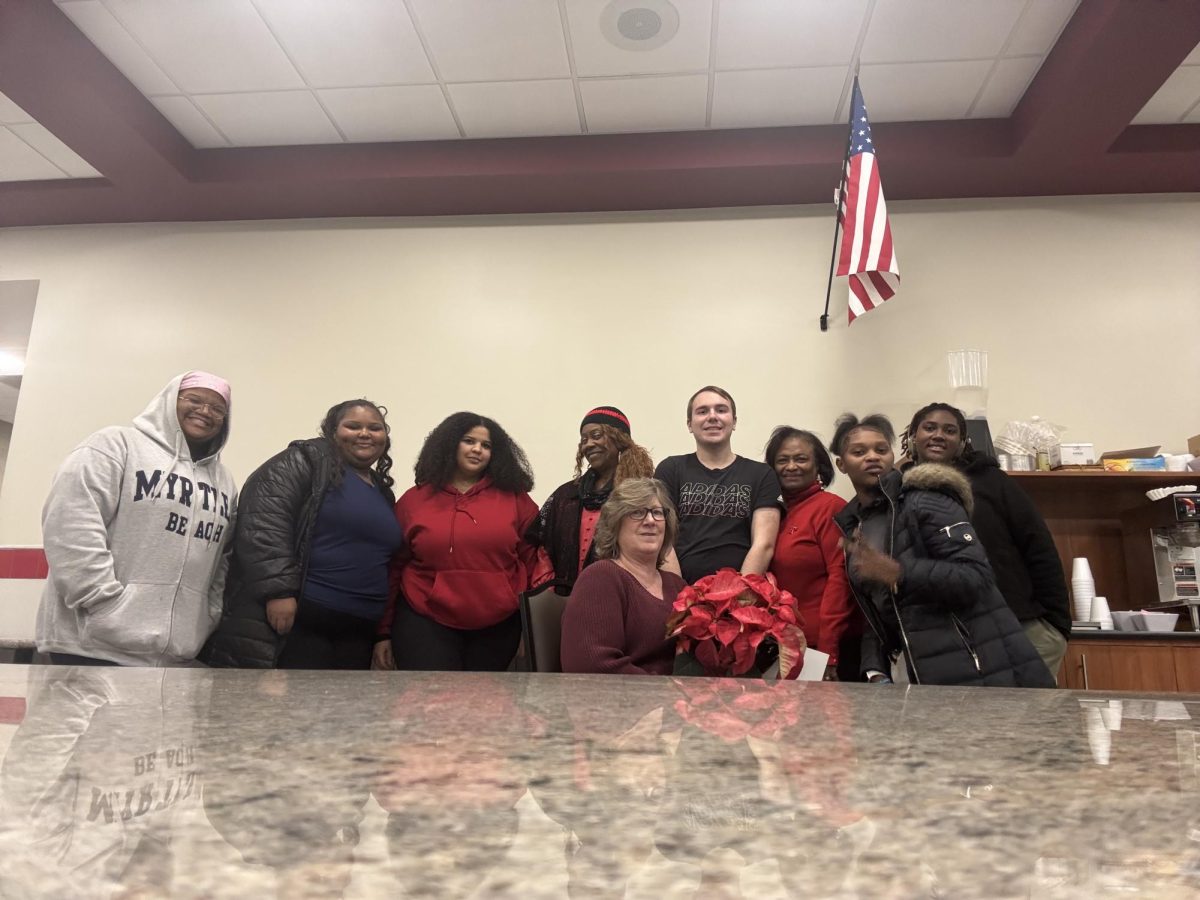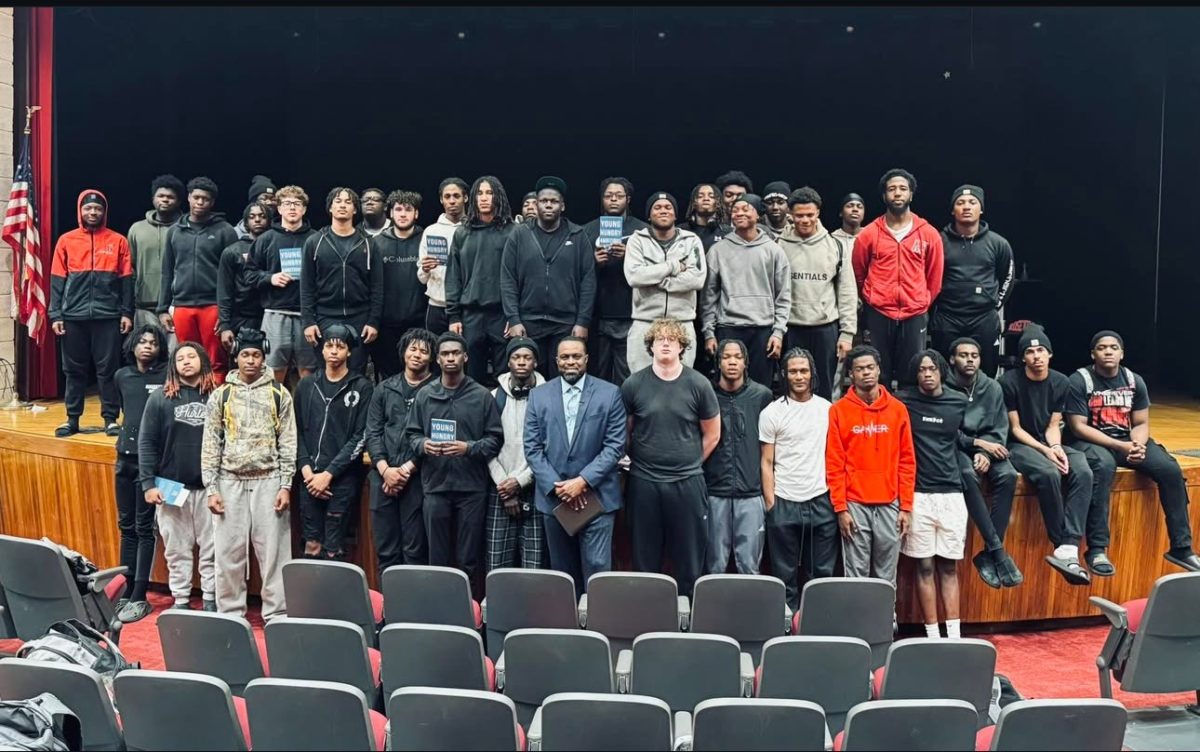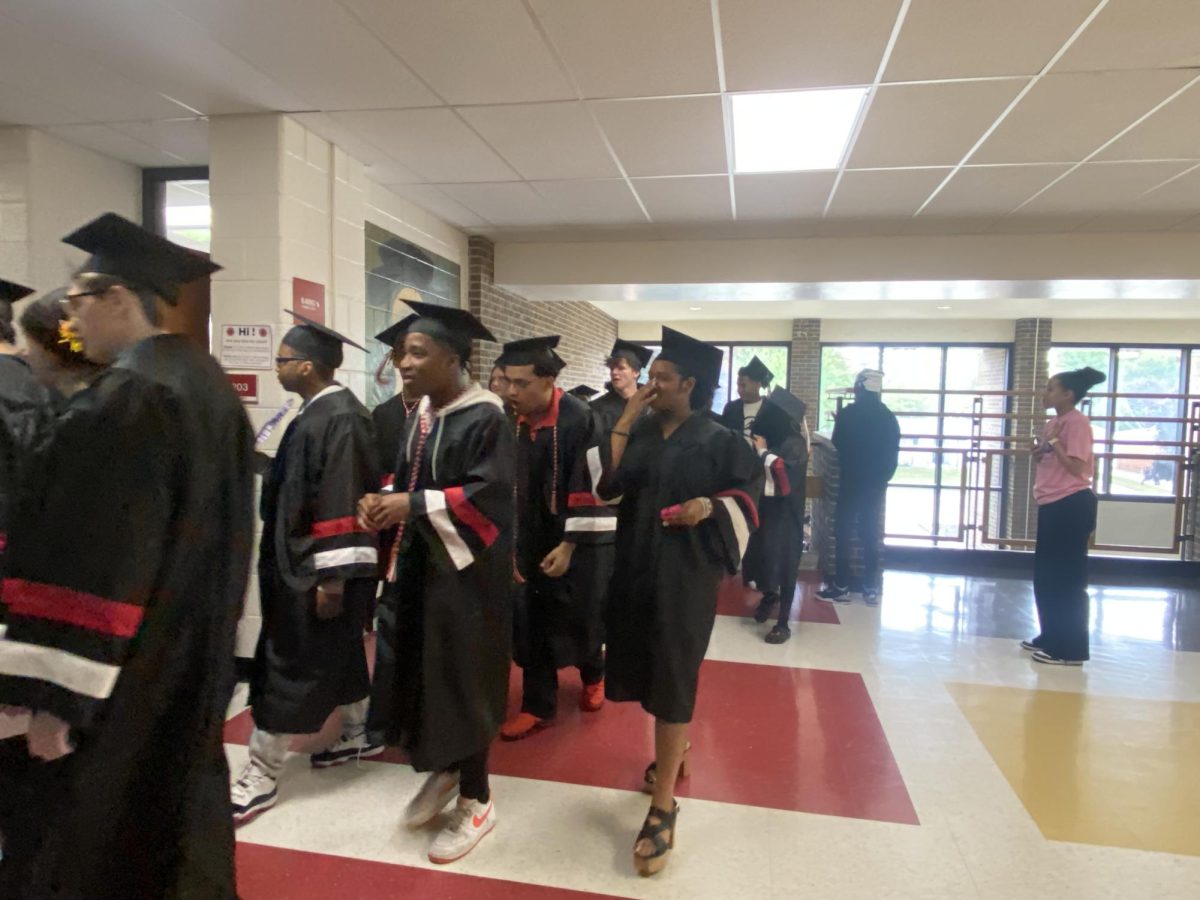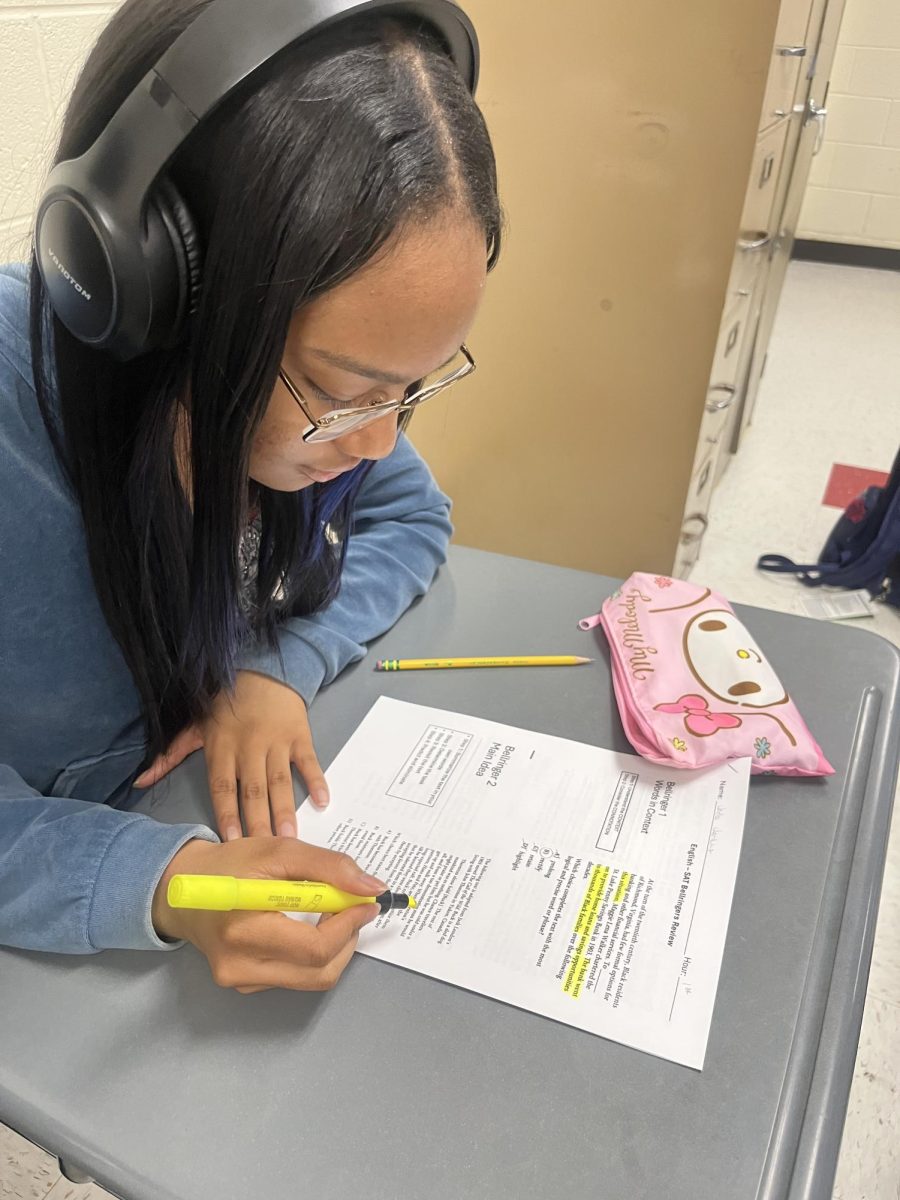Midterm election brings vast change to Michigan
November 8, 2018
For so long now, this country has been anticipating the midterms—the elections held halfway through a president’s four year term that include the vote for congressional seats, governors, and many other positions. Here in Michigan, this election has brought quite a lot of change to the state. From getting a new governor to hitting a national milestone, this midterm has proved to be just as important as it was campaigned to be.
Michigan had a huge turnout to the polls this year with over four million people coming out to vote—the highest midterm turnout in half a century. This is only several hundred thousand people less than the amount who came out to vote for the 2016 presidential election; for the midterms, that’s a lot of voters.
In Michigan, the most highly anticipated positions voted on were the new governor, the House of Representatives seat for each district, and one of the senator seats. After having served his full two terms, current Republican Governor Rick Snyder will be leaving office and passing the torch onto someone new. Democrat Gretchen Whitmer and Republican Bill Schuette both fought hard for this spot, but in the end, Whitmer was able to secure her projected win with a 53.1% lead. As for the congressional seats, incumbent Democrat Debbie Stabenow will keep her seat on the U.S. Senate, having won with a lead of 52.0%, and the House seats were split right down the middle with seven Republicans and seven Democrat seats. The Democrats gained a net of two seats more than what they previously had.
Another big topic in this election were the proposals. Three state proposals were located on the back of the ballot: one about legalizing recreational use of marijuana, one about putting an end to gerrymandering—the unfair splitting of House districts based on preferred demographics, and one on making it easier to vote (e.g., no-reason absentee voting and same-day voting registration). Locally, there was also the Roseville proposal about renewing the Non-Homestead Act which helps fund around one-third of the Roseville School District budget. In the end, every one of these proposals passed.
In an email to the Roseville Community Schools staff, Superintendent John Kment voiced his delight with the Non-Homestead Act being renewed.
“The results of yesterday’s Non-Homestead Renewal in Roseville left us all with smiling faces,” Kment said. “…We want to thank all of you for what you did in making this renewal a success.”
Additionally during this midterm election, Michigan even helped hit a national milestone. The House representative seat for the 13th district was received by Rashida Tlaib, now one of the two first Muslim congresswomen in the history of the nation. Tlaib was only one of the many diverse people across the country to be elected in this election. The midterms did so much more than just give the Democrats the House and the Republicans the Senate—they helped bring needed change all throughout the nation, especially here in Michigan.



























